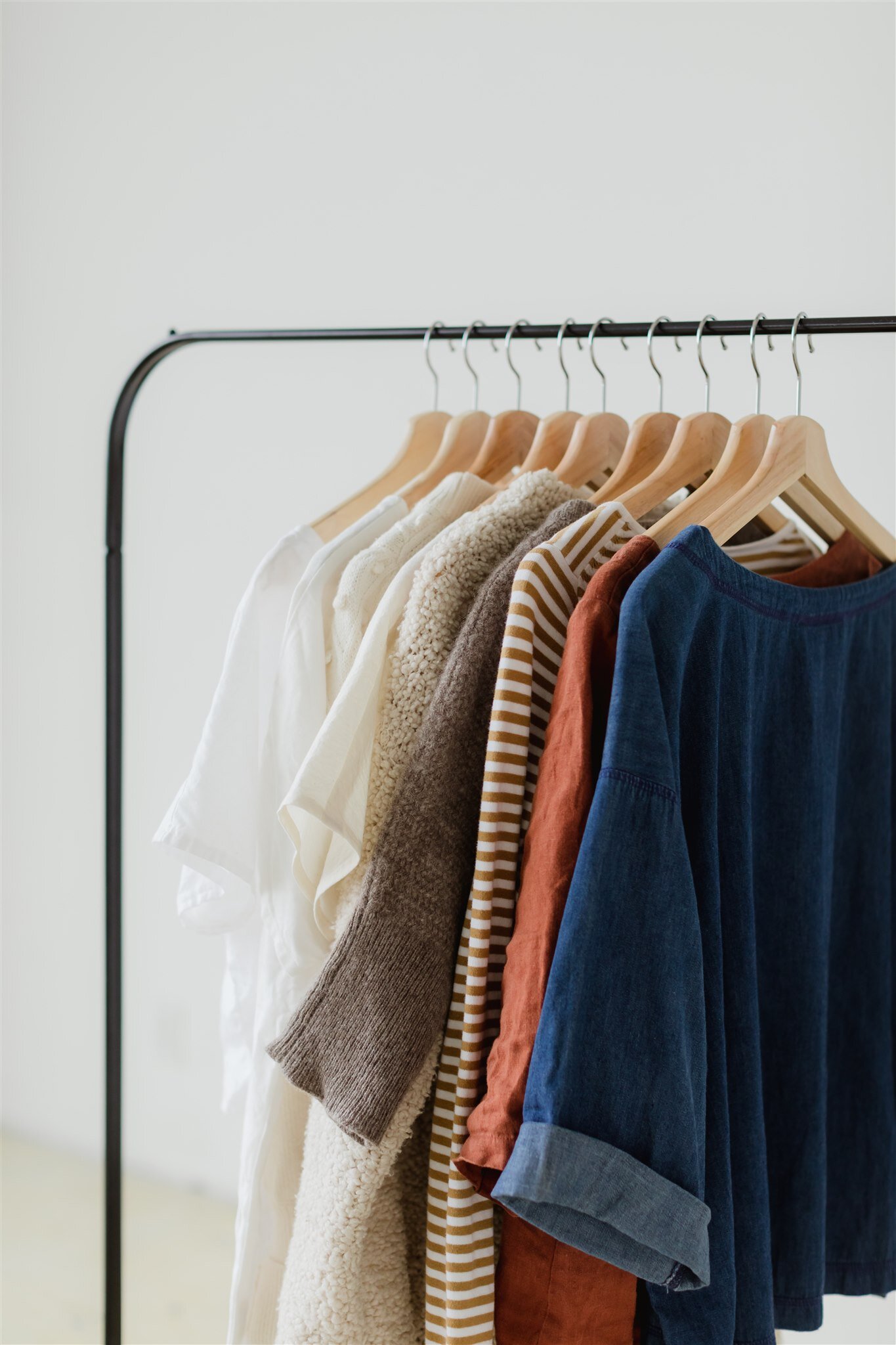Before we get into today’s post - spring is coming! Can you feel it? I’ve started the process of thinking about my spring wardrobe, and you can too with my Spring Wardrobe Planning Guide. Download it here.
I get this question a lot: What does a personal stylist do?
All I wanted to do when I started mindful closet was to help women feel good in their clothes. There are many different methods for doing this, but over the last 8 years, I’ve gradually developed and refined my own system. Fundamentally, I make it easier for you to get dressed. I do this by helping you clear your closet of anything that’s not serving you, figuring out what’s missing, and helping you find the right pieces to pull it all together. My approach is holistic and digs deep into what you actually love and feel good in, regardless of society’s external expectations of what you should be wearing.
Here’s what a personal stylist does, and some of the nitty-gritty of how I do it.
A personal stylist helps you clarify your style. For me, it starts with getting to the root of why you’re uncomfortable with your clothes. Why you’ve never felt like you were getting it right. Basically, in our first session, we talk for a while. Before we meet, I send a detailed intake questionnaire to get you thinking about how you want to feel. I also send instructions on how to create a Pinterest board and we analyze it together. We define your aesthetic style (*not* what you’ve been told to wear because of the shape of your body) and how your wardrobe needs to function for your life.
A personal stylist helps you decide what to keep and what to get rid of. Next comes the process of letting go. Taking the plan we made in the first session, we go through your closet together and get rid of the things that no longer fit your aesthetic style, your lifestyle, or your body (which, btw, is just fine as it is). As we go, I’ll be able to help you see patterns in why you’ve been holding onto or buying stuff that just doesn’t work for you. I’ll make notes of the foundational pieces that are missing.
A personal stylist helps you learn how to shop mindfully. Most women need to add at least a few new items to their wardrobes. Since most of my clients get pretty overwhelmed by shopping, I teach them how to search for what they actually need, and curate a selection for them to filter out some of the noise. If I’m working with a client one-on-one, using your measurements and your style, I’ll select items from three or four online retailers. I’ll send you the links and what size to buy in your own private digital style board. You place the order and we’ll regroup with a video try on session after the items have arrived. I’ll help you understand why I chose the things I did, decide what to keep and what to return and how to pair the new stuff with what you already own.
This is not stuff you’re born knowing. It takes thought and effort and sometimes you need help, just like you’d hire a physical trainer or a nutritionist.
We can do this work together one-on-one as described above, or you can join me in Making Space, my online group program. In Making Space, I teach you how to accomplish all of the same goals on your own, with the support of a group of women going through the same process. I run Making Space twice a year and it will be opening up in April. You can get on the early access list here.
















